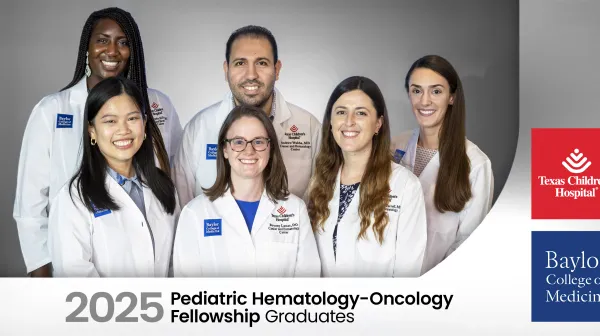Over the years, Texas Children’s Heart Center has built a Single Ventricle Program with unparalleled expertise — and the difference shows in its outcomes.
“We have the largest cohort of contemporary single ventricle patients in the country,” said Rocky Tsang, MD, medical director of the Single Ventricle Program at Texas Children’s Hospital. “For the last 3 years, we’ve had 0% interstage mortality among our patients who are discharged between their first and second surgeries, which we’re proud of. The national average is around 5–10%, and can be as high as 10–15%.”
Developing a world-renowned program
The Texas Children’s team attributes this success to a few factors. First, each case is approached by a multi-disciplinary team, backed by all of the resources of Texas Children’s Heart Center.
“On our team, we have dedicated cardiac surgeons, cardiologists, interventional cardiologists, intensivists, nurse practitioners, dietitians and many other specialists,” Dr. Tsang said. “Being within the Heart Center means that we have access to the largest mechanical support program — which very few programs are able to offer — and the largest pediatric heart transplant program in the country, too. We have one of the leading fetal intervention centers in the country for the rare cases in which a patient requires treatment during the fetal period. We have every option a patient might need.”
Another factor is what Dr. Tsang calls the team’s “personal touch.” Each patient is assigned to a member of the clinical team who is responsible for providing continuity and guiding the family through the Heart Center. The assigned team member keeps the big picture plan in mind and uses their knowledge of the system to navigate patients through the process seamlessly.
“We always tell families that they’re part of the Texas Children’s family,” Dr. Tsang said. “They address me by my first name, just as I speak to them. We strive to have our program feel like the best of both worlds: the intimacy of a smaller program combined with the resources of a large academic center.”
Both of these factors have enabled the Single Ventricle Program to admit ~40 new patients annually — or about twice the volume of the next largest center. This experience becomes a success factor unto itself.
“Each single ventricle patient is unique,” Dr. Tsang said. “So having treated so many patients gives us more experience, and we’ve developed expertise from this experience.”
Ongoing research
In addition to clinical care, the program leads research to inform best practices and new treatments for single ventricle patients. As part of the Pediatric Heart Network, a consortium of leading hospitals across the world that conducts research in children and adults with congenital heart disease and children affected by acquired heart disease, Texas Children’s offers access to trials only available at a few locations in the nation.
For example, Texas Children’s is one of 10 medical centers in the U.S. participating in a Phase I/II trial to determine whether clinically relevant doses of oxandrolone, an anabolic steroid, are safe and tolerable in neonates with hypoplastic left heart syndrome (HLHS) or other single right ventricular anomalies who have undergone a Norwood procedure, open-heart surgery to repair the aortic arch so it can better provide blood flow to the body. Additionally, Texas Children’s is one of three sites nationally to enroll patients in a study to determine if passive range of motion exercise is safe, feasible and helps to augment growth in single ventricle patients following their Norwood procedure.
Collaborating with referring cardiologists
Families are typically referred to cardiology during their pregnancies when a potential complication is identified in fetal ultrasound. For local patients as well as those who travel from other states and spend 4–6 months in Houston after their child’s birth, the Texas Children's team makes a point to apprise local physicians of their patient’s treatment plans and ongoing status.
To refer a patient to the Single Ventricle Program at Texas Children’s, fill out our online referral form.





